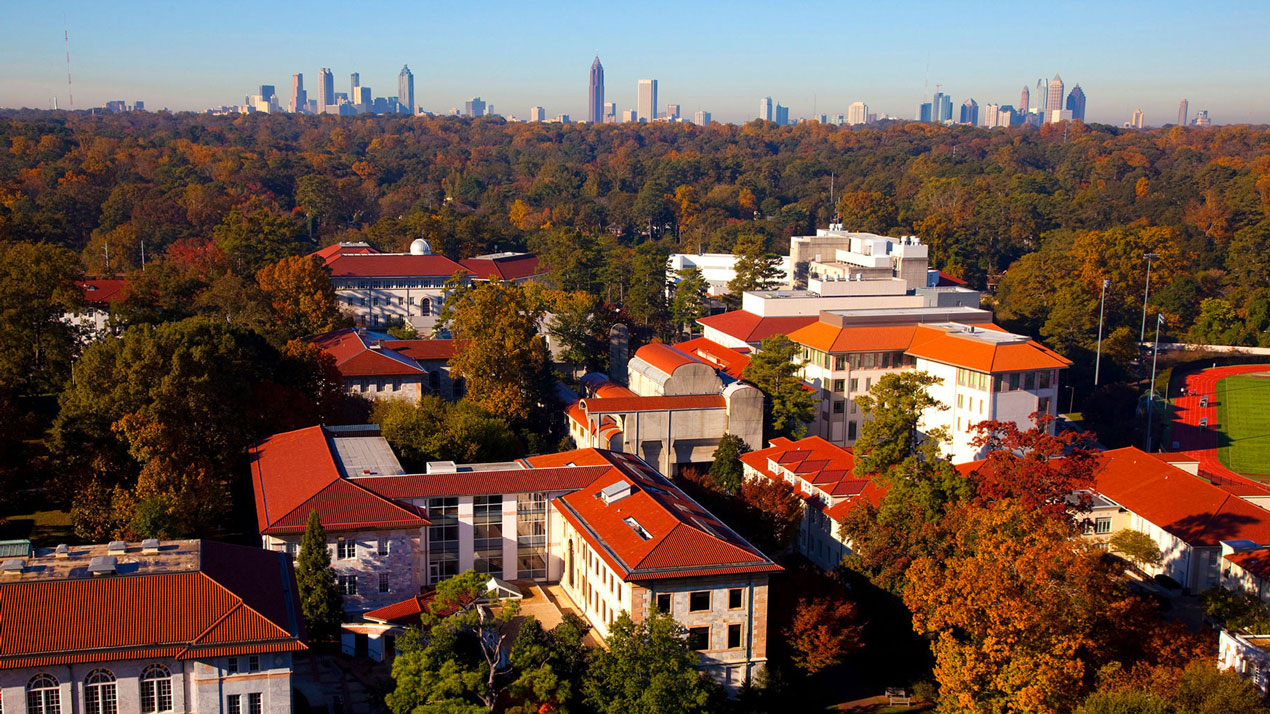
GUSI Network
In 2023, five universities, including Emory, signed a joint Memorandum of Understanding that lays the foundation for a new global collaboration network focused on education, research, leadership and innovation. The partners are Emory University (U.S.), the Hebrew University of Jerusalem (Israel), the University of Bonn (Germany), the University of St Andrews (U.K.) and Waseda University (Japan).
The aim of the Global Universities for Societal Impact (GUSI) Network is to facilitate collaboration in three core areas: education, research, leadership and innovation, clustering expert knowledge and learning from each other through best practices. The partners share a common approach to internationalization and cooperate bilaterally and multilaterally on a range of projects designed to promote excellence in research and education and extend the partners’ global impact.
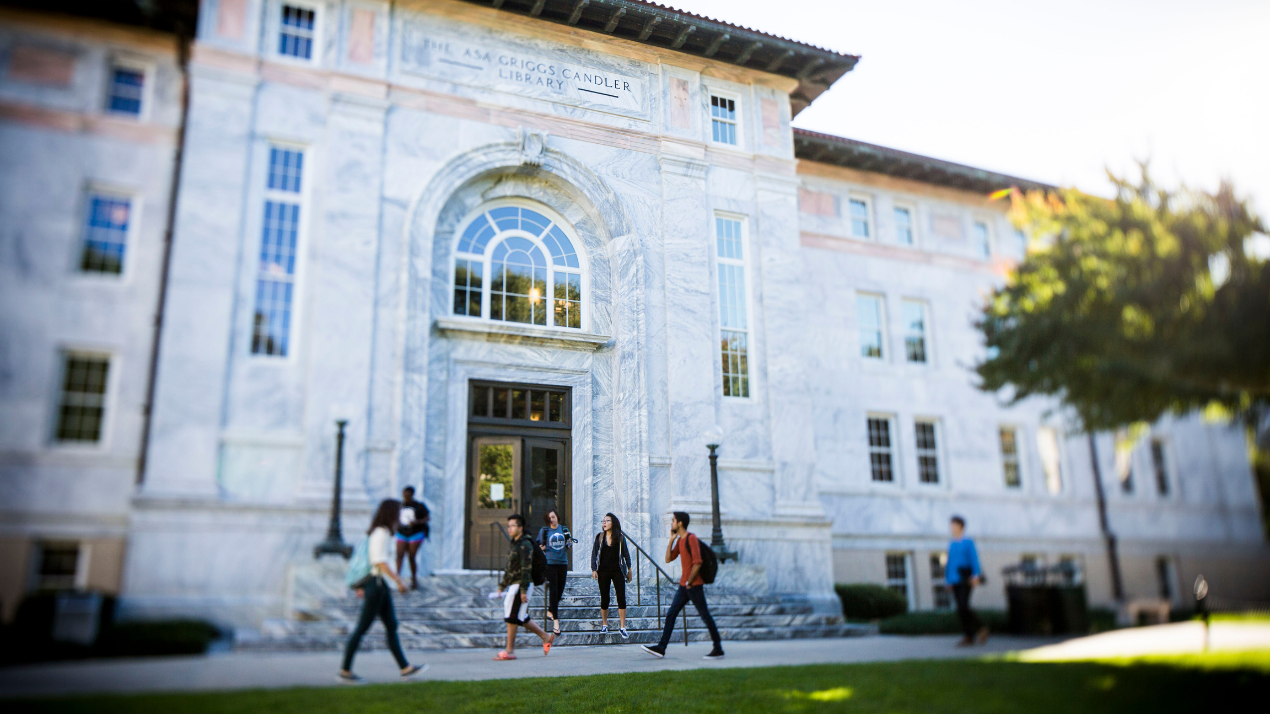
Intercultural Exchange Program for Doctoral Students
The GUSI network, will offer a five-session, online intercultural exchange for doctoral students from all disciplines in early Spring 2026 semester. This initiative aims to strengthen intercultural communication, deepen cultural awareness, and foster international research networks.
Hebrew University of Jerusalem
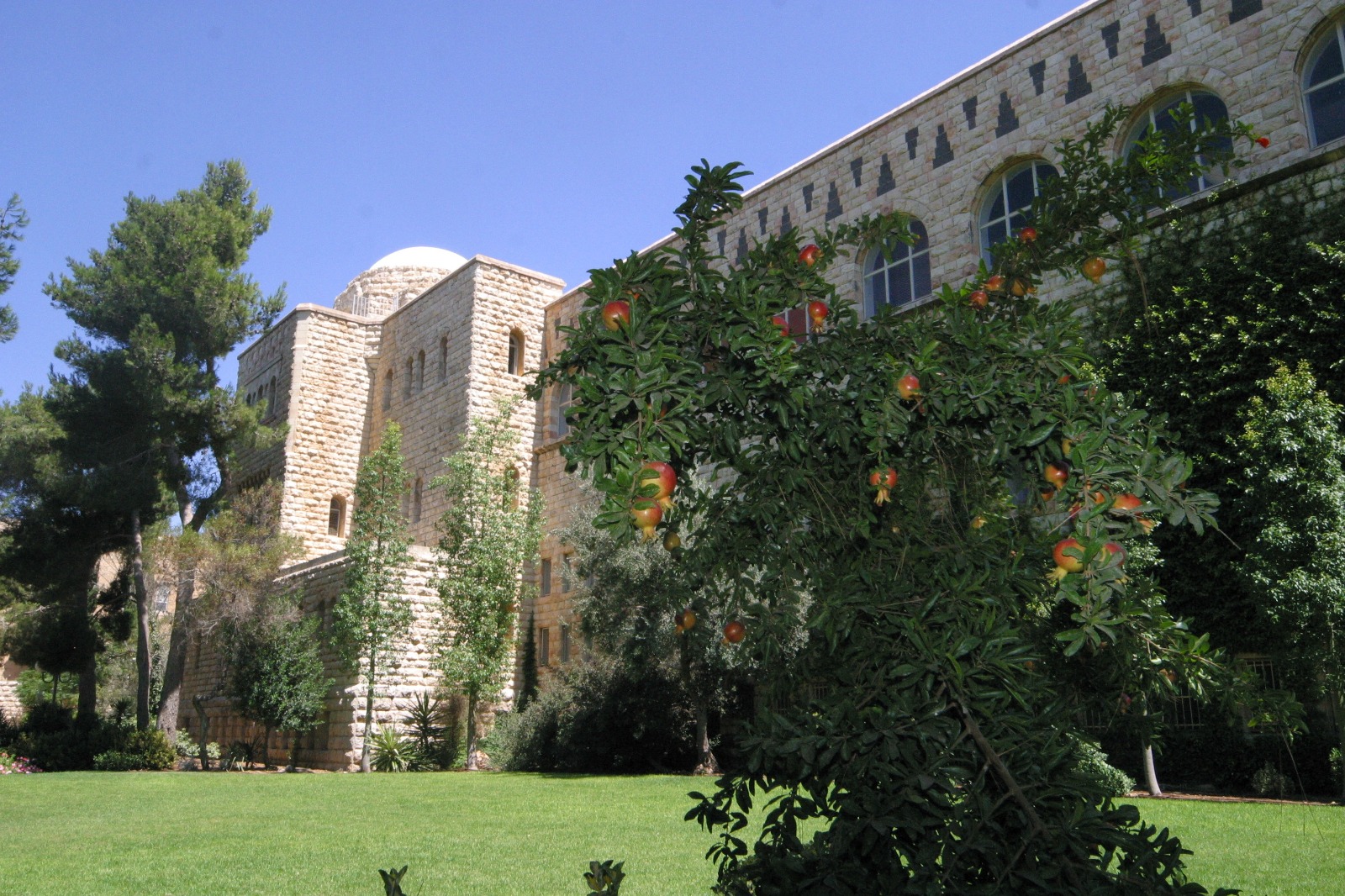

A global top-100 institution and Israel’s leading academic and research university, the Hebrew University of Jerusalem (HUJI) was founded by visionaries including Albert Einstein and Sigmund Freud. With six campuses and over 100 research centers, HUJI hosts nearly 4,000 active research projects across fields ranging from mathematics (ranked 22nd globally), medicine, and agriculture to brain sciences, law, and the humanities. Their researchers are internationally recognized, with accolades including nine Nobel Prizes, the Fields Medal, Turing Award, and Wolf Prize.
HUJI is a hub of innovation and entrepreneurship, home to Yissum - its renowned tech transfer company - and a growing number of global partnerships. Through its outstanding international programs and a student body representing over 90 countries, HUJI fosters a dynamic and diverse academic community rooted in Jerusalem - one of the world’s most historic and inspiring cities.
University of Bonn

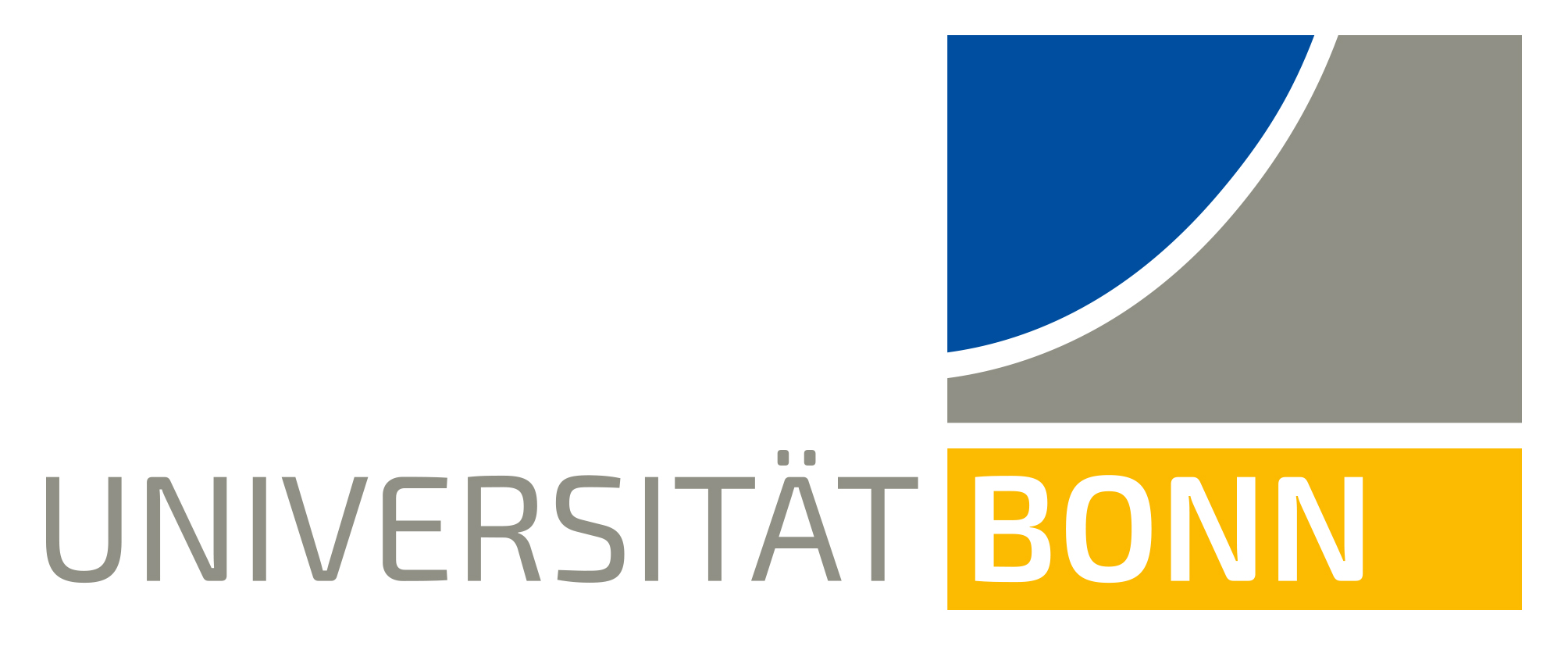
The University of Bonn is one of eleven German Universities of Excellence and leads with six Clusters of Excellence. In recent decades, it has produced more Nobel laureates and Fields Medal winners than any other German university. Renowned for top-level research and science, it has shaped knowledge for over 200 years. With around 30,000 students, 6,000 doctoral candidates and 750 professors, Bonn is among Germany’s largest and most research-intensive universities. Its seven faculties offer a wide range of subjects, many of which rank highly internationally. Six transdisciplinary research areas foster innovation in response to major societal and scientific challenges. Notable researchers include Nobel laureates Wolfgang Paul and Reinhard Selten, as well as Fields Medalists Gerd Faltings and Peter Scholze. The university drives progress through strong knowledge transfer, science communication and cooperation with industry. This ranges from joint professorships to contract research, establishing the university as a hub for social and technological development.
University of St Andrews
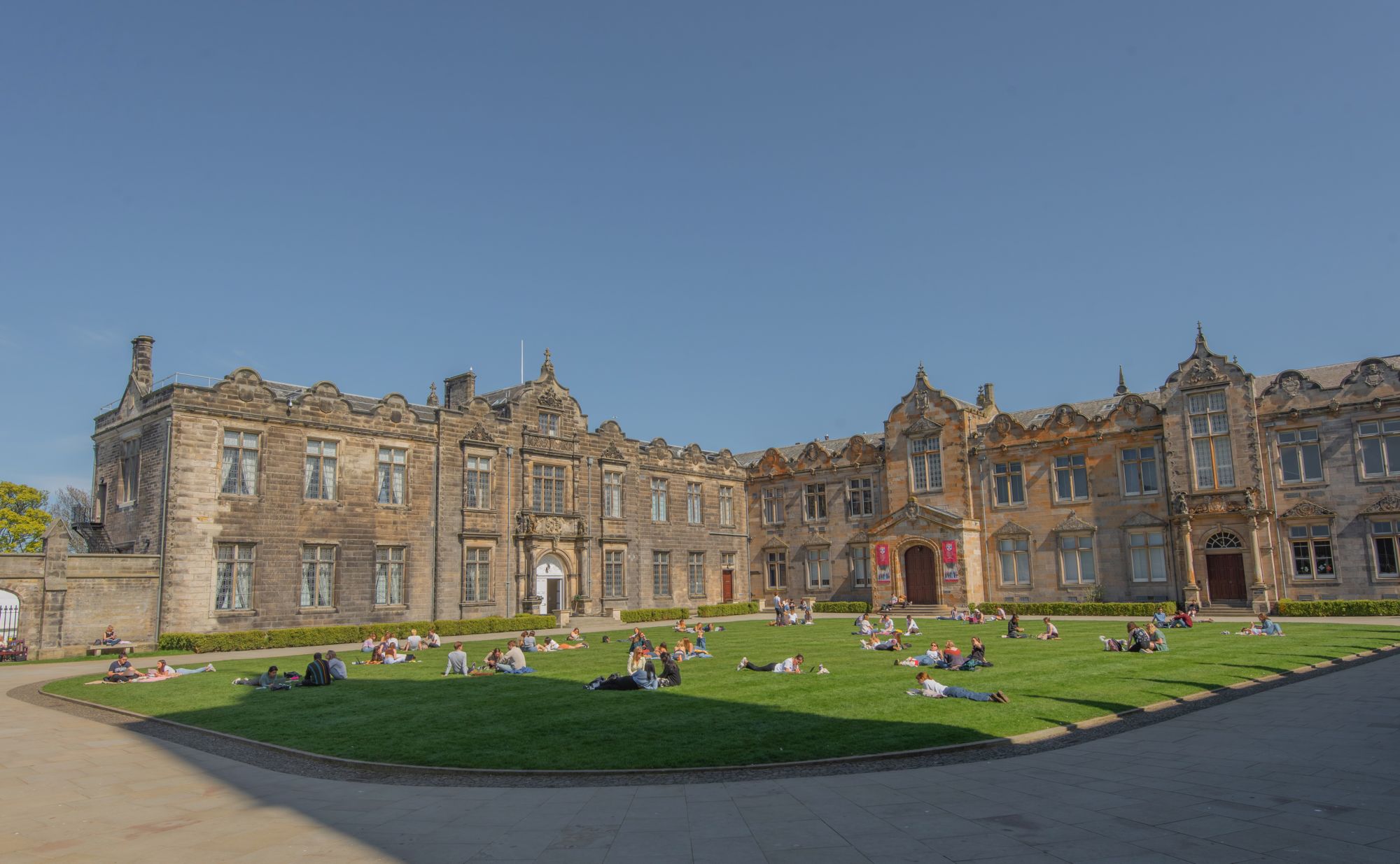

Founded in 1413, the University of St Andrews is the third oldest university in the English-speaking world. Renowned for both its historic legacy and innovative approach to research and teaching, St Andrews is a leading Scottish institution with a strong global outlook. It combines the academic strength and international reach of a world-class university with the intimate, community-driven atmosphere of a small coastal town. With students, staff, and academics from over 135 countries, the University fosters a vibrant, inclusive environment that supports excellence in education, research, and innovation. Its compact size and flexible structure - spanning four Faculties (Arts, Divinity, Science, and Medicine) and twenty Academic Schools - promote curiosity-led research and interdisciplinary collaboration for the benefit of society and culture worldwide.
Waseda University

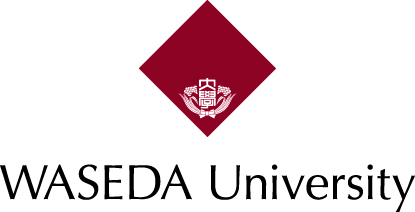
Waseda University, founded in 1882, is renowned for its academic excellence. Located in central Tokyo, it hosts 50,000 students across 13 undergraduate and 21 postgraduate schools. Its three core principles are: the independence of scholarship, the practical application of scholarship, and the fostering of good citizens. These principles emphasize freedom in research, the pursuit of knowledge for societal progress, and the cultivation of individuals who contribute positively to the global community. In recent years, Waseda has focused on internationalization through its Vision 150 strategic plan. This initiative aims to prepare students for global leadership by promoting study abroad programs and increasing partnerships with top universities worldwide. By fostering global citizens, Waseda University enhances its students' international perspectives and capabilities, ensuring they thrive in a diversifying global society. Waseda University continues to provide a stimulating academic environment, welcoming students from around the world to engage in innovative research and education.